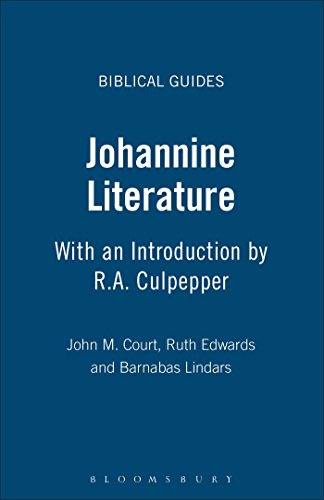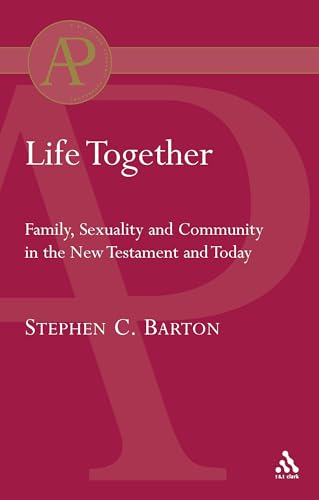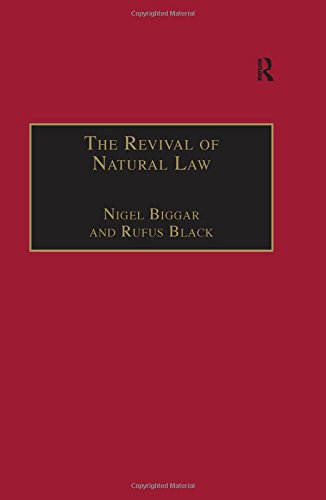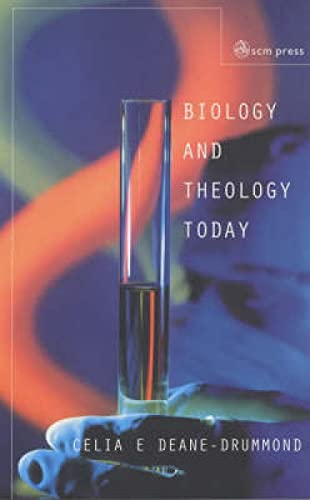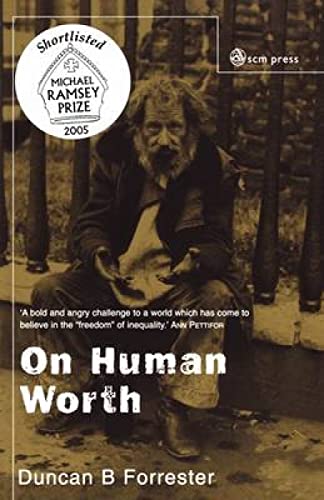The Cambridge Companion to Christian Ethics
Written by Robin Gill, (ed.) Reviewed By Andy DraycottThe contents are divided into three sections: the first treating The Grounds of Christian Ethics, followed by Approaches to Christian Ethics and Issues in Christian Ethics. The greatest service the editor, Robin Gill, has performed, (I am particularly bearing the evangelical student in mind), is to include the paper by Rowan Williams entitled Making moral decisions at the head of the discussion. Williams is clear that reflection on ethics must be thoroughly theological. It is interesting to note that an earlier draft the paper was presented at the 1998 Anglican Lambeth Conference of Bishops—a conference made principally notorious by debates over homosexuality. Observing clear disagreements amongst Christians, Williams acknowledges that ‘living in the Body of Christ is, in fact, profoundly hard work … our moral decisions involve a risk … they are risky precisely because we are trying to hear the truth’ (12). Students need to learn that they ‘cannot escape the obligation of looking and listening for Christ in the acts of another Christian who is manifestly engaged, self-critically engaged, with the data of common belief and worship’ (13). This is exactly the challenge Themelios readers must heed as they read on and encounter different ways of expressing Christian thinking; and then seek to formulate their agreements and disagreements in a Christ-shaped way.
There follow essays looking at questions of the authority of Scripture; the Old Testament; the New Testament; gospels; and epistles as separate sources for Christian ethics.
Part two covers Natural law, virtue ethics, gender, liberation ethics, a Jewish perspective and a consideration of other faiths. Stephen Pope’s essay on Natural law overflows with ‘isms’ that only the initiated ‘natural lawyer’ (sic, 93) might be expected to grasp without explanation, whereas Jean Porter’s chapter on virtue ethics provides a helpful history of this newly reinvigorated line of study.
The issues covered in part three are the questions of war, the arms trade, social justice and welfare, ecology, business and economics, world family trends and medicine and genetics. Michael Northcott’s chapter on ecology and Duncan Forrester’s on social justice stand out as explicitly theological cases helpfully made. Others can be thought to be provocative but it is not always clear that the thoughts are provoked by theological considerations. Christian ethics must be more than sociology done by Christians. We might generously suppose, that for the sake of balance, all sides of the argument are presented, but seeing clear moral judgement being exercised would help the reader. If shared language is a concern of the Christian body, as Williams asserts, (14) but ‘not a form of relativism’ then I would have liked to see more writers putting themselves at the risk ‘involved in any serious decision making or any serious exercise of discernment’ (11).
As a reference volume mapping the state of the academic discipline this is a valuable book. Each chapter carries its own footnotes and references, but there is also a very useful eight page select bibliography at the end that will give students some ‘where now?’ indications. To start us engaging in distinctive Christian moral reasoning there is much to chew on, swallowing some and gaining a few new tastes along the way.
Andy Draycott
Andy Draycott
Biola University
La Mirada, California, USA



